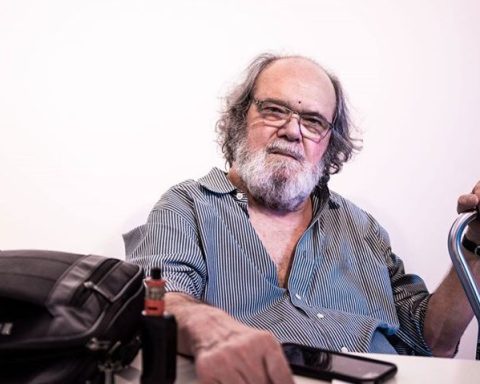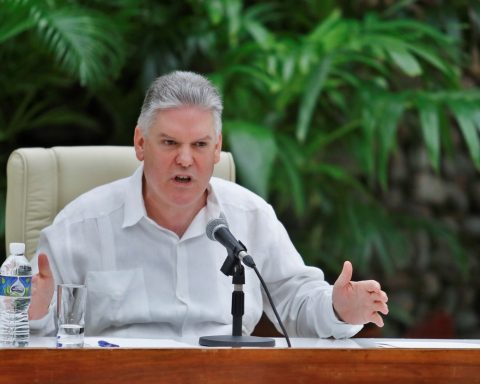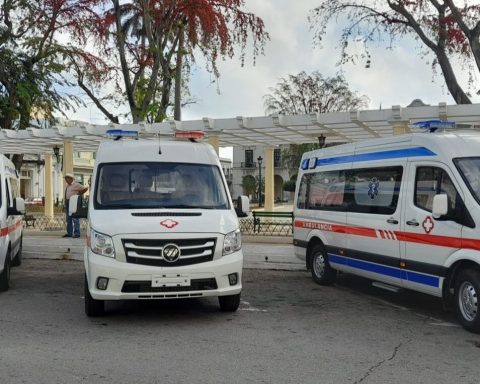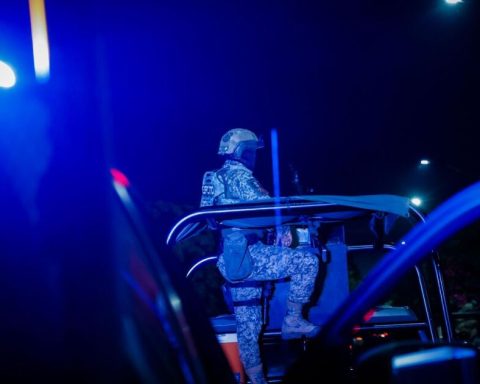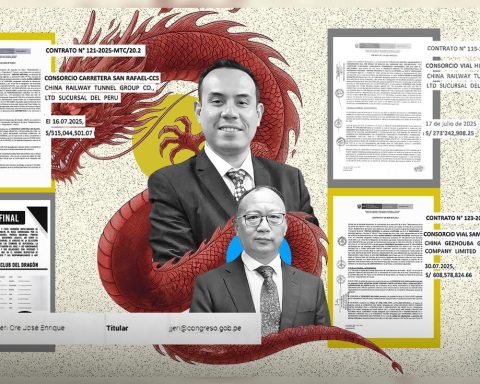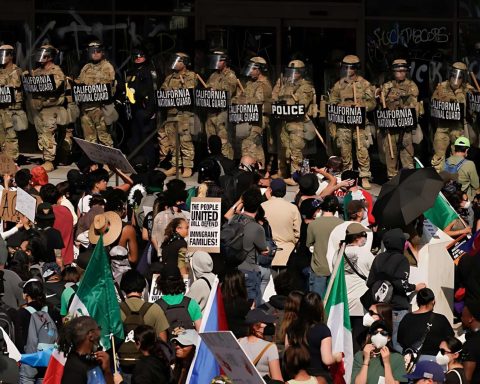AREQUIPA, Peru – The Russian Foreign Ministry has confirmed that the Syrian dictator, Bashar al Assad, has left the country after the Islamist group Hayat Tahrir al-Sham (HTS, Organization for the Liberation of the Levant) took Damascus this Sunday in the early morning.
With the capital under the control of the insurgents and Al-Assad in hiding, Syria wakes up for the first time in more than 20 years outside the yoke of his regime.
“As a result of negotiations between Bashar al Assad and several participants in the armed conflict on the territory of the Syrian Arab Republic, he has decided to leave the presidential office and leave the country, giving instructions to carry out the transfer of power peacefully,” says the Kremlin in a statement.
The government of Vladimir Putin, an ally of Syria, did not provide support during the rebel offensive of the last 11 days that resulted in the fall of the regime. Likewise, he has stated that he did not participate in the conversations between the insurgents and the dictator.
Since 2011, Syria has experienced a bitter civil war until the government collapsed. As reported by the AFP agency, the rebels assured that “a new era” is opening for Syria after more than 50 years of Baathism and urged their compatriots who fled the country to return to “free Syria.”
Likewise, the insurgents declared that Damascus is “free from the tyrant Bashar al Assad“, as reported the EFE agency.
Given the fall of the regime, Syrian Prime Minister Mohammad al-Jalafi urged the rebels and the opposition to “think about the country” and by “extending a hand to them” he asked that no one be harmed.
Syria: civil war and a long-lived regime
Dictator Bashar al-Assad took the reins of Syria in 2000, after his father ruled for almost three decades.
Some 11 years after his rise to power, a peaceful protest against Al-Assad gave rise to to a civil war that has ruined the country and involved powers from around the world.
Due to the conflict, more than half a million people have died and 12 million have fled Syria. Of that total, nearly five million are refugees or asylum seekers abroad.
Before the recent rebel escalation, Bashar al Asssad considered the civil war over and Arab territory under his control. This, after dominating most of the cities of Syria with the help of Russia, Iran and groups supported by Tehran.
However, Al-Assad’s allies have recently been distracted and decimated by their own conflicts, while insurgent forces prepared for a counterattack.
Hayat Tahrir al-Sham: the resistance
Hayat Tahrir al-Sham emerged in 2017 and marked a turn of events in the civil conflict. The jihadist group had originally been formed in 2012, when it was called Jabhat al-Nusra and was linked to Al Qaeda.
It was not until 2017 that the organization disassociated itself from the aforementioned terrorist group and took a new name to overthrow the Assads and liberate Syria.
Al Jolani, leader of the HTS, has obtained the support of Syrian society in recent years, managing to take control of Idlib, a city considered a the main focus of the resistance.
Assad regime: allies of Castroism
Until this Sunday, relations between the Cuban regime and Damascus had nearly 60 years of history. When the crisis of the 1990s that Fidel Castro baptized as a “special period” worsened, Syria helped the island’s dictatorship with oil ships to alleviate electrical blackouts.
As the civil war intensified in Syria, and thousands died, Raúl Castro’s government sent between 2016 and 2019 tons of Cuban medicines to support Al-Assad, including cancer drugs and vaccines against tetanus, flu and hepatitis B, as reported the state agency Latin Press.
More recently, the Havana regime sent 240,000 doses of the Abdala, Soberana 02 and Soberana Plus vaccines, three nationally produced medications against the coronavirus.
Likewise, hundreds of Syrian professionals graduated from Cuban universities in the specialties of medicine, civil engineering, architecture, computer science, among others, in order to contribute their knowledge in favor of the Syrian dictatorship.
In exchange for the support of the Island, Damascus has provided the Castro leadership with an ally in international politics, an extension of the Communist Party’s propaganda on the other side of the ocean and another voice that supports the discourse against the US embargo, the main scourge for the pocket of the Cuban dictatorship.


